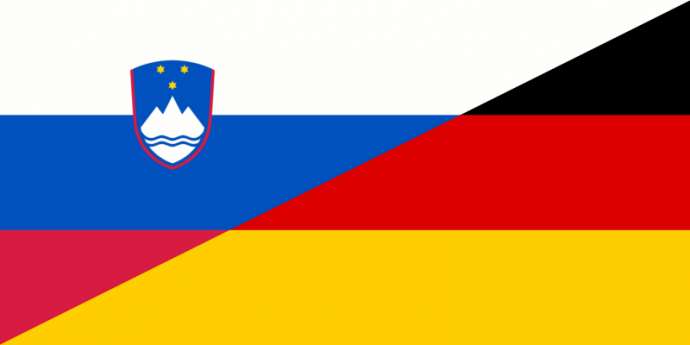STA, 5 December 2018 - Slovenia has allocated more than EUR 212,000 to the German-speaking community in Slovenia since 2008 and another EUR 22,100 will be available to the community next year, the Government Communication Office said in response to the community's call to be recognised as a minority in the constitution.
The government service for cultural diversity and human rights has distributed more than EUR 200,000 for the projects of the German-speaking community since 2008, while the public fund for cultural activities has distributed another EUR 12,000. A call for applications will be published next year, offering EUR 22,108 for such projects.
While the community referred to the Council of Europe and the Federal Union of European Nationalities in its arguments, the government said Slovenia had no international commitments to recognise the community as a minority in the Constitution.
The only internationally binding document dealing with the issue of the German-speaking community in Slovenia is the 2001 agreement between the Slovenian and Austrian governments on cooperation in culture, education and science.
Article 15 of the agreement stipulates that the parties will cooperate in cultural, educational and scientific projects to the benefit of the German-speaking community. It does not, however, mention the legal status of the 2000-member group.
Related: Cerar – No Legal Support for Giving Slovenia’s German-Speaking Minority Official Status
When the agreement was ratified, Slovenia also adopted an interpretive statement that the German-speaking community enjoys the rights stemming from Article 61 of the Constitution, granting everyone the right to freely express belonging to their nation or national community, nurture and express their culture and use their language and script.
This reaffirms that Article 15 must not be understood as a recognition of a special status such has been granted to the Italian and Hungarian communities, the government said.
The Foreign Ministry responded by saying that the Slovenian government was ready to continue its dialogue with representatives of the German-speaking community and that additional solutions could be found within the existing legal framework to meet the needs of the group.
The Ministry of Culture has been financially supporting the cultural projects of the group's associations, societies and NGOs based on the ministry's annual calls for applications.
Slovenia has made an effort to protect the cultural heritage of the German-speaking group, including through years of research, whose results were published in various publications and presented at exhibitions.
The research covered the topography of all former villages of the community, all sacral buildings and graveyards in the area. The cultural heritage of the Gottschee Germans living in the south has been presented in several regional and local museums since 1995.
Some 75 prominent figures have also been presented in a special book, the Government Communication Office said.






